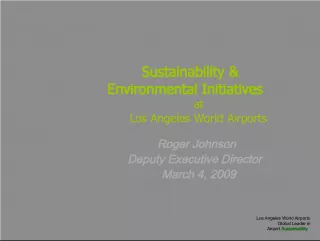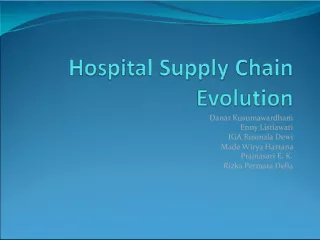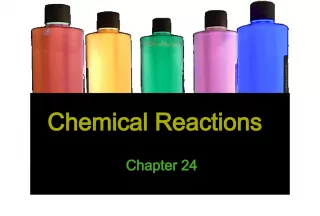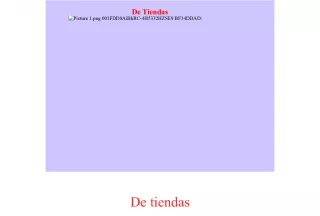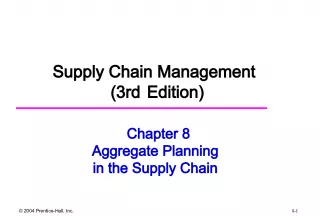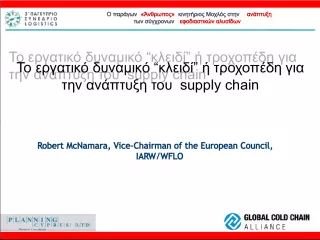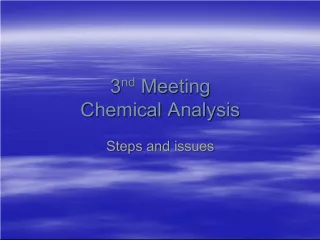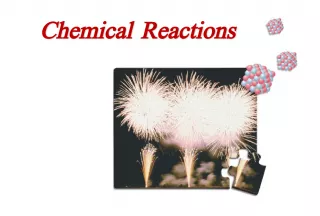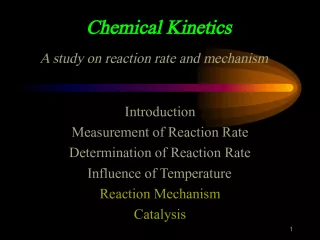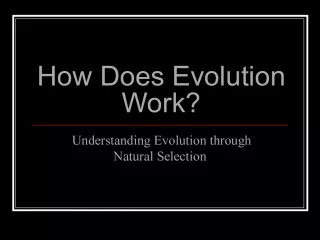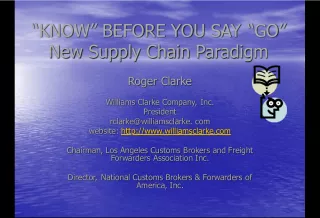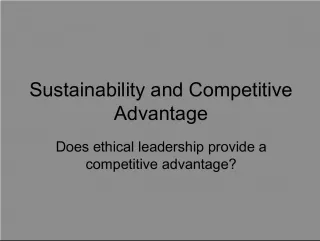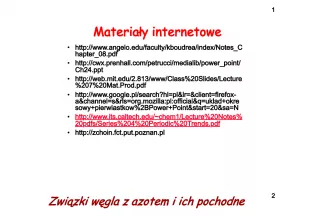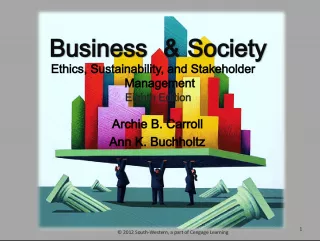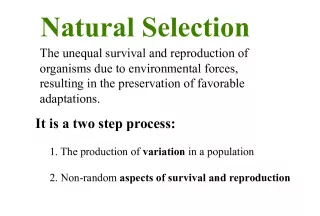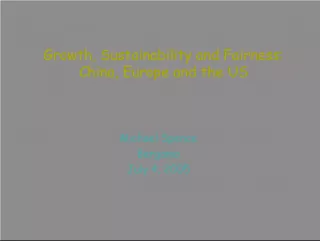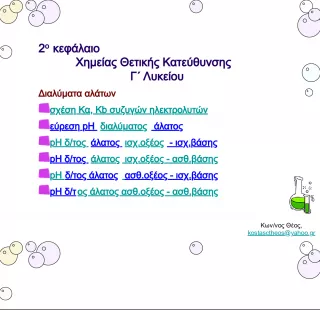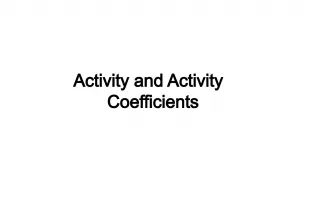Chemical Selection for Sustainability in Footwear and Apparel Value Chain
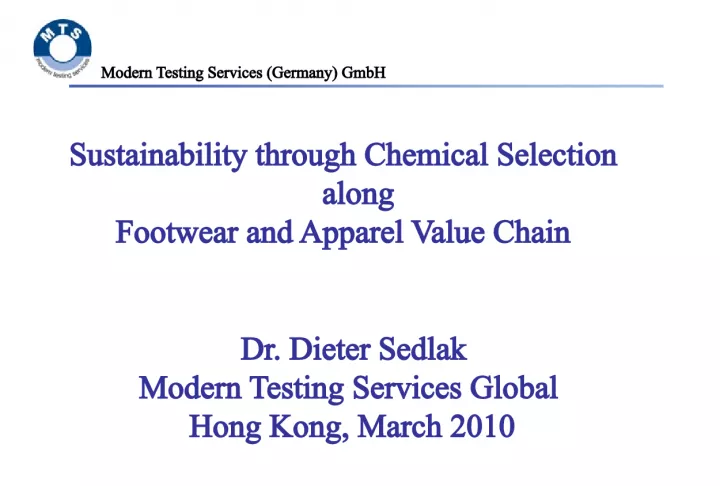

Dr. Dieter Sedlak from Modern Testing Services discusses the importance of environmentally conscious chemical selection in the product life cycle of footwear and apparel, including raw materials, factory operations, transportation, use, and disposal. All impacts from chemical use, including air, water, soil, CO2 emissions, waste, and health, must be considered to achieve sustainability targets.
- Uploaded on | 0 Views
-
 annaperry
annaperry
About Chemical Selection for Sustainability in Footwear and Apparel Value Chain
PowerPoint presentation about 'Chemical Selection for Sustainability in Footwear and Apparel Value Chain'. This presentation describes the topic on Dr. Dieter Sedlak from Modern Testing Services discusses the importance of environmentally conscious chemical selection in the product life cycle of footwear and apparel, including raw materials, factory operations, transportation, use, and disposal. All impacts from chemical use, including air, water, soil, CO2 emissions, waste, and health, must be considered to achieve sustainability targets.. The key topics included in this slideshow are . Download this presentation absolutely free.
Presentation Transcript
Slide1Modern Testing Services (Germany) GmbHSustainability through Chemical Selection along Footwear and Apparel Value Chain Dr. Dieter Sedlak Modern Testing Services Global Hong Kong, March 2010
Slide2Modern Testing Services (Germany) GmbH The “Environmental Targets” within Sustainability Product life cycle view: – Raw materials – Factory operations – Transportation – Use and disposal All impacts from chemicals use – Air, water, soil – CO2 emissions – Waste – Health
Slide3Modern Testing Services (Germany) GmbHImportant aspects for the assessment of sustainable chemistry • Selection of appropriate assessment baseline metrics – Environmental impact in g chemical/kg product – Energy consumption in MJ/kg product – Specific consumption in g or l/kg product • Balance between collecting data and data set use • Transparent reporting of results • Application to all products (needed update) • Must set priorities and cut-off criteria • IT tool to calculate accumulated numbers
Slide4Modern Testing Services (Germany) GmbHPossible instruments to build up sustainable products and related processes • RSL concept for consumer safety – Provides clear instructions for product requirements – Implementation challenges – Poor consideration of factory related aspects • Life cycle analysis – time consuming, expensive, internally challenging • Regulations such as REACh – complex and slow
Slide5Modern Testing Services (Germany) GmbHBasic Elements for Process and Product Assessments • Factory environmental impact (chemical and textile) – Emissions • Air = g carbon or substance/kg product • Wastewater = g TOC or substance/kg product • Energy and CO2 emission factors in MJ/kg or g/kg product – Consumption and waste • Consumption factors for water, energy and chemicals • Generation of waste per kg of product • Consumer and associated environmental impact – Residual/releasable chemicals in mg/kg product
Slide6Modern Testing Services (Germany) GmbHTwo Successful Examples: Resulting in reduced impact to environment and consumer • Synthetic Leather Manufacturing • Oil and water repellent fabric and garment manufacturing
Slide7Modern Testing Services (Germany) GmbHSynthetic Leather – Prior Situation • PVC based – chlorine chemistry, energy, waste • Solvent based PU´s – reproductive toxic solvents • Toxic catalysts and additives (plasticizers) • Partly instable PU´s and crosslinkers decompose during any heat application • These chemicals and materials pose potential risks to factory workers, environment and consumer
Slide8Modern Testing Services (Germany) GmbH• Enhanced knowledge on chemical risks • Problematic organic solvents replaced by water • Organotin catalysts replaced by harmless substitutes • Remove lead and cadmium based pigments • Plasticizers avoided through smart PU backbone design • APEO as emulsifier replaced by biodegradable substitute Synthetic Leather – New Situation
Slide9Modern Testing Services (Germany) GmbHMajor advantages for manufacturing and consumer – Minimized occupational health issues for factory workers from solvents – Reduced process emissions to ambient air and avoidance of cost intensive off gas treatment – Improved waste water quality – Minimized residual solvents in synthetic leather avoiding RSL conflicts – Eliminated risks from thermal decomposition of any PU coated materials – Significantly reduced risks from sensitizing additives
Slide10Modern Testing Services (Germany) GmbHOil and water repellent fabrics – prior situation • Use of emulsifiers such as PFOS and PFOA • High residual fluorinated telomers and monomers from polymerization • Organotin catalysts • High solvents content • Crosslinkers not fully reacted may release toxic decomposition products during ironing • Residuals from these chemicals pose potential risks to factory workers, environment and consumer
Slide11Modern Testing Services (Germany) GmbH• Enhanced fluorochemicals products due to improved synthesis knowledge and care – C6 technology • PFOS and PFOA replaced or minimized as impurity • Residual fluorotelomers significantly reduced • Organic solvents predominantly replaced by water with biodegradable emulsifiers • Substitution of organotin catalysts Oil and water repellent fabrics – new situation
Slide12Modern Testing Services (Germany) GmbHMajor advantages for manufacturing and consumer – Minimized occupational exposures for factory workers – Minimized process emissions to ambient air – Eliminate PFOA or PFOS release to factory and consumer environment – Reduced wastewater loading from non biodegradable ingredients and heavy metals – Minimized residual solvents, telomers and other impurities in apparel avoiding RSL conflicts – Contribution to lower energy, water and detergent consumption from reduced laundry cycles
Slide13Modern Testing Services (Germany) GmbHFurther examples for sustainable chemistry minimizing costs and risks in whole value chain – Elimination of carcinogenic azodyes and sensitizing disperse dyes – workers and consumer – Environment and consumer friendly carrier dyeing – Thermostable and biodegradable synthetics manufacturing lubricants (global release to air and water around 500,000 t/a of mainly hydrocarbons) – Low emission textile auxiliaries and colorants (- 90 % to air) – APEO free detergents, textile auxiliaries and colorants – Formaldehyde low resins and gas heated stenters – Phthalates alternatives for screen prints and polymers
Slide14Modern Testing Services (Germany) GmbHThank You Together we can enhance sustainable chemistry through technology Dr. Dieter Sedlak Managing Director Modern Testing Services Germany Modern Testing Services Global, Hong Kong
